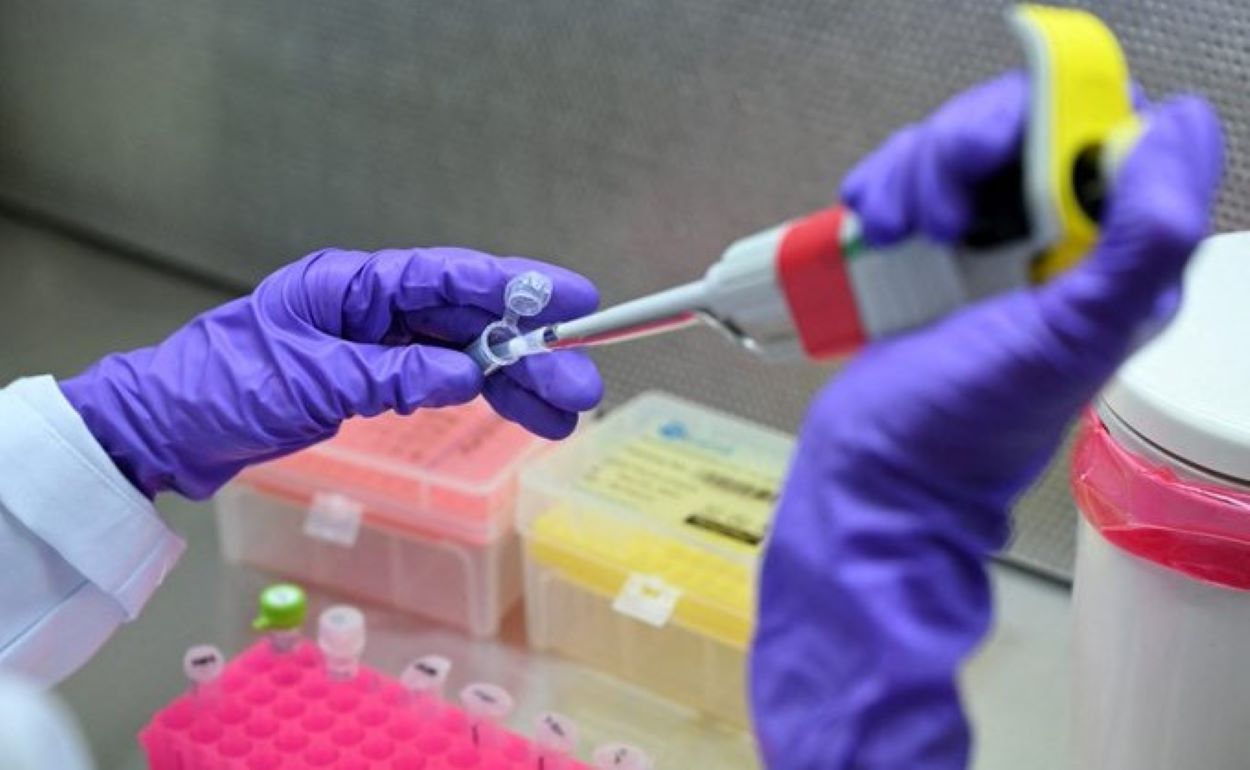Researchers recently reconstructed South Africa’s oldest human genomes from two individuals who lived about 10,000 years ago. According to a study author, this finding enriches our understanding of regional population dynamics.
Victoria Gibbon, a professor of biological anthropology at the University of Cape Town (UCT), reported that the genetic sequences came from a man and a woman whose remains were discovered in a rock shelter near George, a coastal town about 370 kilometres east of Cape Town.
These individuals were among 13 whose genomes were reconstructed. They lived at the Oakhurst shelter between 1,300 and 10,000 years ago. Previously, the oldest genomes from this region were about 2,000 years old.
UCT revealed a surprising similarity between these ancient genomes and those of the San and Khoekhoe groups living in the same area today.
Joscha Gretzinger, the study’s lead author from the Max Planck Institute for Evolutionary Anthropology in Leipzig, Germany, contrasted this with European studies. Those studies show major genetic shifts over the last 10,000 years due to migrations.
Gretzinger noted, “These results from southernmost Africa suggest a long history of relative genetic stability,” highlighting a unique and stable genetic lineage in the region over millennia.






